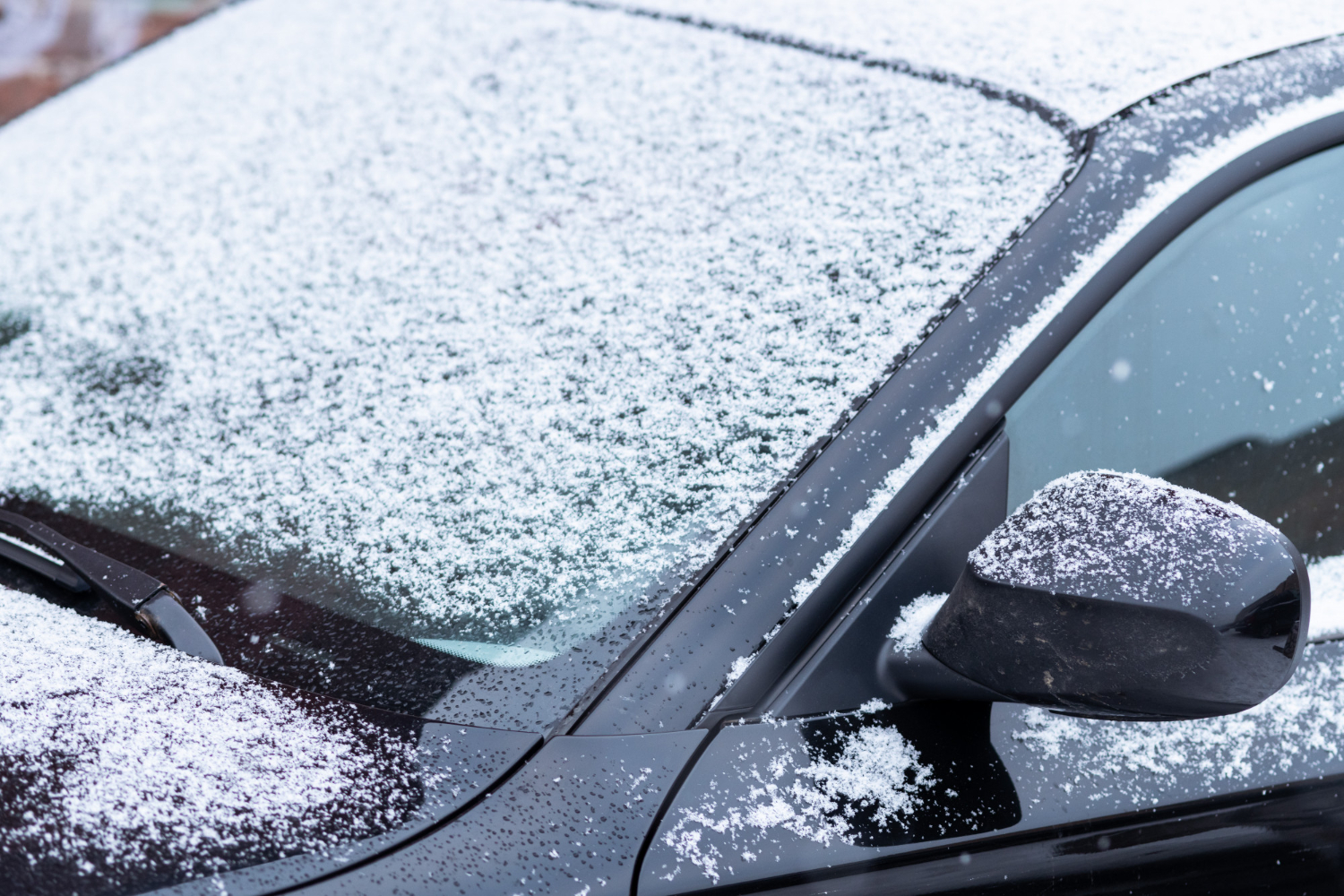From frost to heatwaves, the British weather can turn a small chip into a serious crack. Your windscreen is exposed to the elements every day, and while it’s designed to withstand a lot, it’s not indestructible - especially when already weakened by a chip or crack.

When temperatures drop, particularly overnight, windscreen glass contracts slightly. If there’s a chip or small crack already present, that contraction puts extra stress on the damaged area, causing it to spread.
Frozen windscreens are also more likely to crack if hot water or defrosting tools are used carelessly. The sudden temperature change can cause the glass to expand too quickly, making existing chips worse or triggering new fractures.
Just like cold, extreme heat can also affect your windscreen. On hot days, the outer layer of glass heats up faster than the inner layer, causing the glass to expand unevenly. If there’s a pre-existing chip, the stress from the heat can cause it to crack further, especially during heatwaves or when parked in direct sunlight.
Tip: If you notice a chip in summer, avoid slamming doors with windows shut. The pressure change inside the vehicle can push a chip to crack suddenly.
In the UK, wet and windy conditions are a year-round issue. Rainwater can seep into small chips or cracks, especially if the vehicle is left outside. If that water freezes overnight, it can expand inside the damaged area and cause further cracking. Additionally, during storms or high winds, flying debris such as stones, branches or gravel can easily strike your windscreen and cause fresh damage.
British weather is famously unpredictable. It’s not uncommon to see a warm morning followed by an icy evening. These rapid changes in temperature put repeated stress on your windscreen, particularly in spring and autumn and any small weakness in the glass can quickly become a major issue.
While you can’t control the weather, you can take steps to reduce the risk of damage:
A quick repair now could save you from needing a full windscreen replacement later. Stay ahead of the weather and keep your windscreen in top condition!
Get in contact with us today here for a free quote.